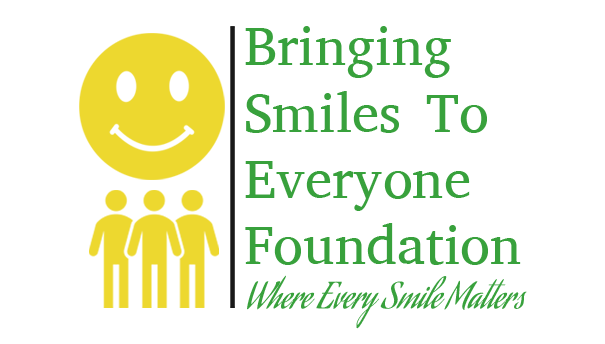Poor breastfeeding in Nigeria’s IDP camps worsening child malnutrition crisis – Advocacy group

Poor Breastfeeding Practices in Nigeria’s IDP Camps Deepen Child Malnutrition Crisis – Advocacy Group
August 6, 2025 | Reading Time: 2 mins
:max_bytes(150000):strip_icc()/Breastfeeding-055122d63bdc4446af7e5f0102e3b139.jpeg)
A growing child malnutrition crisis is emerging in Nigeria’s Internally Displaced Persons (IDP) camps, worsened by poor maternal nutrition and disrupted breastfeeding, according to a new alert from the Adinya Arise Foundation (AAF).
The advocacy group issued a statement on Monday in commemoration of the 2025 World Breastfeeding Week (WBW), warning that undernourished mothers in humanitarian settings are unable to breastfeed adequately, endangering the health and survival of their children.
“Breastfeeding is not just a feeding method; it is a critical survival tool in conflict zones and a strategic investment in national development,” said Mabel Ade, Executive Director of AAF.
Breastfeeding Crisis in Conflict Zones
This year’s WBW theme, “Prioritise Breastfeeding: Create Sustainable Support Systems,” calls for consistent support structures—in homes, communities, workplaces, and health facilities—to help mothers succeed in breastfeeding.
Nigeria’s IDP camps, which shelter people displaced by violence, conflict, and natural disasters, often lack basic necessities such as food, clean water, and healthcare. These harsh conditions have disrupted optimal breastfeeding and child care practices.
As of July 2025, Nigeria hosts more than 3 million forcibly displaced persons, according to the UN Refugee Agency. A 2024 report by the International Committee of the Red Cross (ICRC) showed a 24% increase in child malnutrition in northeastern Nigeria, driven by ongoing conflict and climate-related food insecurity.
The Federal Ministry of Budget and Economic Planning also reported that over 31.8 million Nigerians faced acute food insecurity as of August 2024—with women and children being the most affected.
Breastfeeding: A Lifeline
Breast milk provides essential nutrients, antibodies, and protection against disease, while promoting brain development and reducing future health risks such as obesity. For mothers, it lowers the risk of breast and ovarian cancers, as well as Type 2 diabetes.
UNICEF describes breastfeeding as a sustainable, cost-effective, and climate-friendly intervention that generates zero waste. However, support for breastfeeding remains inadequate across many parts of Nigeria, particularly in crisis-affected areas.
Call for Urgent Action
“Poor nutrition in early childhood causes irreversible damage—including cognitive delays, poor academic outcomes, lower economic productivity, and increased healthcare costs,” Ms Ade noted.
She stressed that the consequences also extend to mothers, who face weakened immune systems, heightened maternal mortality, and deepening socioeconomic vulnerability.
“In a country facing multiple humanitarian and socioeconomic crises, breastfeeding must be seen not only as a personal choice but as a national development priority,” she added.
Only 29% of Nigerian infants are exclusively breastfed during the first six months of life, according to UNICEF. Nigeria also holds the highest number of malnourished children in Africa.
“Behind these statistics lies a deeper crisis—widespread malnutrition among pregnant and lactating mothers, especially in IDP camps,” Ms Ade said.
She called for a multi-sectoral response to protect maternal nutrition and improve breastfeeding rates. This includes integrating exclusive breastfeeding and complementary feeding into national and local nutrition and emergency response plans.
